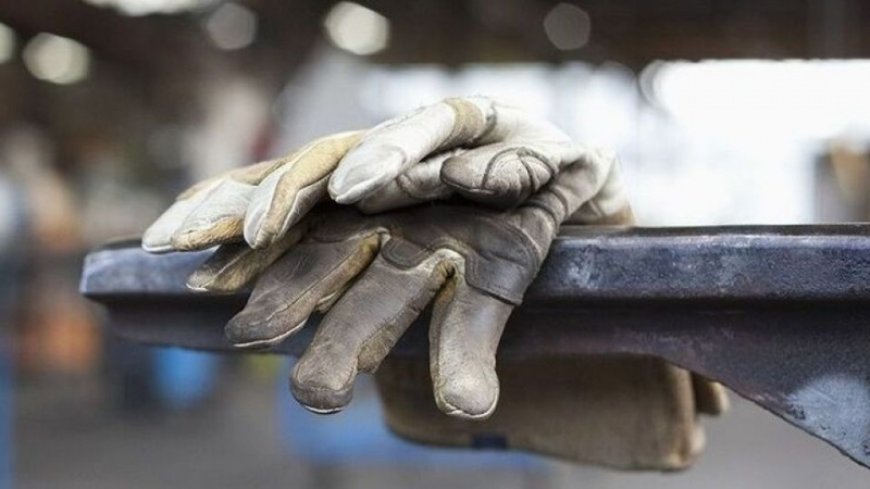Semiconductors, China accuses the US: "Pressure on other countries to curb supplies to Beijing"
Semiconductors, China accuses the US: "Pressure on other countries to curb supplies to Beijing"

The Chinese government has accused the United States of forcing other countries to curb supplies of advanced semiconductor equipment to China after the Netherlands announced new restrictions on exports of some chip-building products. In a statement, China's Commerce Ministry urged the Dutch government not to "obstruct the normal cooperation and development of the semiconductor industry between the two countries."
The ministry then accused Washington of trying to force other countries to impose restrictions on China. "To maintain its global hegemony, the United States has consistently generalized the concept of national security in recent years, abusing export control measures, even to the detriment of allied interests," reads the statement. Continuing its campaign to stop China's access to cutting-edge microchip technology, the Beijing government accuses, the United States is trying to "artificially promote industry decoupling and disrupt the supply chain," which , according to the ministry, has seriously damaged the global semiconductor industry. The Dutch government has announced new rules restricting exports of some advanced semiconductor equipment.
This was announced by Dutch Trade Minister Liesje Schreinemacher. “We took this step in the interest of our national security,” Schreinemacher said, adding that such equipment could have military applications. The new measures, which will require companies that make advanced chip-making equipment to apply for a license before they can export it, are expected to go into effect on September 1. The Dutch government's announcement follows US pressure on its allies to curb sales of tech components to China.
According to Schreinemacher, only a "very limited" number of companies and products would be involved in the new measures. The minister did not mention China as one of the countries against which restrictions will be adopted. Among the companies most affected by the Dutch government's decision is certainly ASML (Advanced Semiconductor Materials Lithography), specialized in the production of machinery for the manufacture of the most advanced chips and holder of a substantial monopoly in global terms.
Asml explained that the group's financial strategy will not change, following the decision of the Dutch authorities. It had already emerged for months that ASML could no longer sell to China the latest versions of its Duv (Deep UltraViolet) lithography machines and the even more innovative Euv (Extreme UltraViolet) machines, which allow the development of semiconductors smaller than 7 nanometers.













































